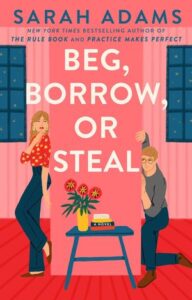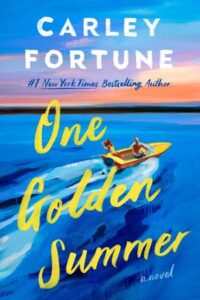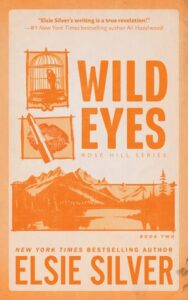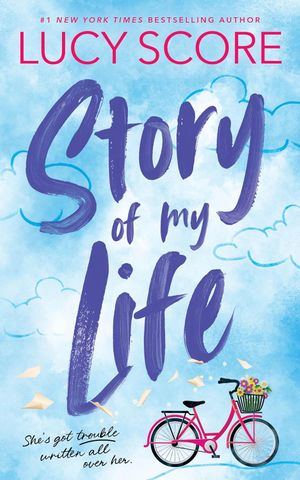Who is this book for?
- Fans of quirky, humorous small-town romances.
- Readers who enjoy the grumpy/sunshine trope in romance novels.
- Those who like stories about writers or creative professionals finding inspiration.
- People who appreciate strong female friendships in fiction.
- Readers looking for a light-hearted, feel-good romance with comedic elements.
Who is unlikely to appreciate this book?
- Readers who prefer more serious or realistic contemporary romances.
- Those who dislike overly quirky or 'adorkable' heroines in fiction.
- People sensitive to casual ableism or stereotypical portrayals of small towns.
- Readers who get frustrated by immature behavior from adult characters.
- Those who prefer shorter, more tightly edited novels over lengthy ones.
Things online reviewers enjoyed about this book
- Entertaining and sweet romance with quirky small-town charm
- Laugh-out-loud funny moments and hilarious scenes
- Strong female friendship between Hazel and Zoey
- Well-developed side characters that add charm to the story
- Grumpy/sunshine trope executed well with Campbell and Hazel
- Heartwarming journey of Hazel reclaiming herself after divorce
- Good balance of humor and emotional depth
- Unique concept of a writer finding inspiration in small-town life
- Engaging banter between characters, especially the Bishop brothers
- Some touching and romantic moments between the main couple
Things people didn't like as much about this book
- Overly long at 600 pages, could have been shorter
- Some found the writing style and language messy or poorly edited
- Main characters can come across as immature or over-the-top for their age
- Third act breakup felt forced or unnecessary to some readers
- Romantic relationship lacks substance beyond physical attraction for some
- Small town stereotypes and drama can feel exaggerated
- Hazel's quirkiness and clumsiness may be grating to some readers
- Campbell's grumpiness veers into mean/cruel territory at times
- Pacing issues, with a slow start for some readers
- Some casual ableism noted in how disability is portrayed




